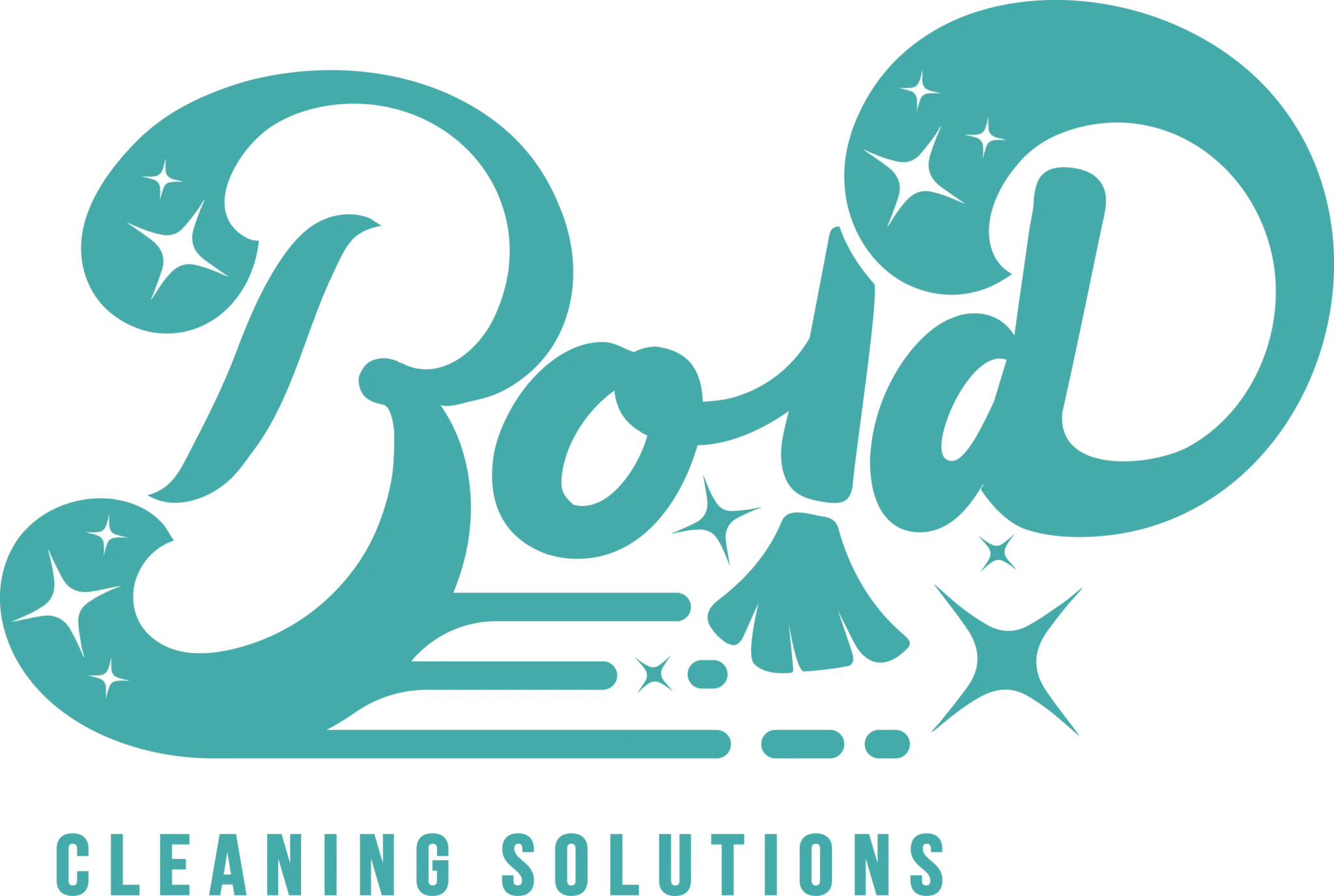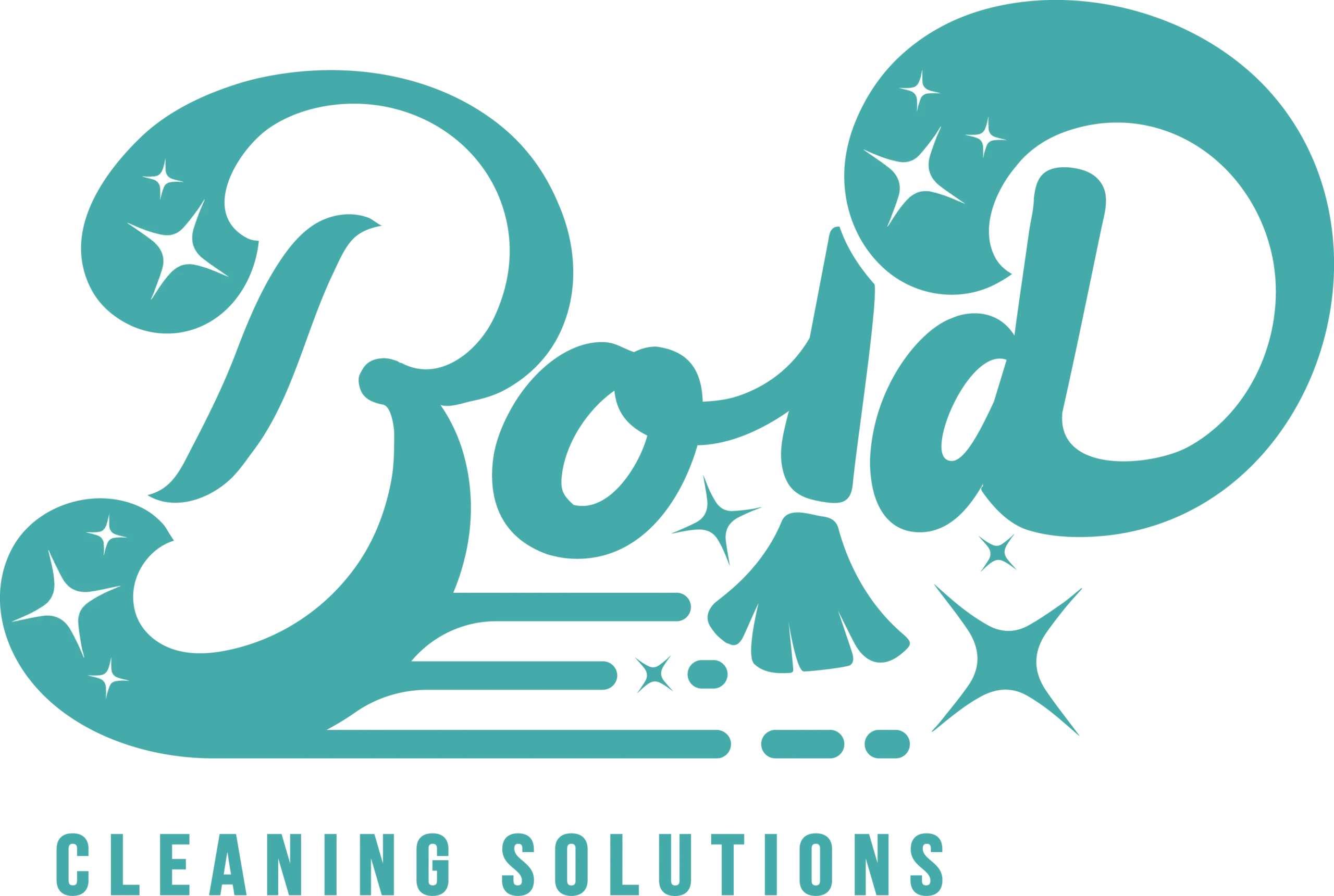Deep cleaning is an essential aspect of maintaining a healthy and comfortable living environment. Unlike regular cleaning, which focuses on surface-level tidiness, deep cleaning targets hidden dirt and grime that accumulate over time. This comprehensive approach offers numerous benefits, from enhancing indoor air quality to prolonging the lifespan of household items. In this post, we’ll explore the importance of deep cleaning and provide insights into why it’s a crucial part of any cleaning routine.
Why Deep Cleaning Matters
Improving Indoor Air Quality
One of the most significant benefits of deep cleaning is the improvement in indoor air quality. Dust, allergens, and pollutants can accumulate in carpets, upholstery, and other surfaces, leading to respiratory issues and allergies.
- Eliminating Allergens: Deep cleaning helps remove common allergens such as dust mites, pet dander, and pollen that can trigger allergic reactions.
- Reducing Respiratory Issues: By clearing out dust and pollutants, deep cleaning can alleviate symptoms of asthma and other respiratory conditions.
Enhancing Health and Hygiene
Deep cleaning plays a vital role in maintaining a healthy home environment by reducing the risk of infections and illnesses.
- Eliminating Germs and Bacteria: Regular deep cleaning reduces the presence of harmful bacteria and viruses on surfaces, minimizing the spread of illnesses.
- Preventing Mold Growth: Deep cleaning helps identify and remove mold in damp areas, preventing health issues related to mold exposure.
Key Areas for Deep Cleaning
Kitchen
The kitchen is a high-traffic area prone to grease, grime, and bacteria buildup. Deep cleaning ensures that this vital space remains safe and sanitary.
- Appliances: Clean inside and behind appliances like ovens, refrigerators, and microwaves to remove food particles and grease.
- Cabinets and Drawers: Empty and clean cabinets and drawers to prevent pests and maintain hygiene.
Bathroom
Bathrooms are breeding grounds for germs and mildew, making them a priority for deep cleaning.
- Tiles and Grout: Scrub tiles and grout to remove soap scum and mold.
- Fixtures: Clean and disinfect sinks, toilets, and showerheads to eliminate bacteria.
Living Areas
Living areas can accumulate dust and allergens over time. Deep cleaning these spaces enhances comfort and air quality.
- Carpets and Rugs: Vacuum and steam clean carpets and rugs to remove embedded dirt and allergens.
- Upholstery: Clean and sanitize furniture upholstery to remove stains and odors.
Benefits of Hiring Professional Deep Cleaning Services
Expertise and Experience
Professional deep cleaning services bring expertise and experience to ensure every corner of your home is thoroughly cleaned.
- Specialized Equipment: Professionals use advanced equipment and cleaning solutions to achieve superior results.
- Attention to Detail: Trained cleaners pay attention to detail, ensuring no area is overlooked.
Time and Convenience
Hiring professionals saves time and effort, allowing you to focus on other important tasks.
- Efficient Cleaning: Professionals complete deep cleaning tasks efficiently, saving you time and hassle.
- Convenience: Schedule cleaning services at your convenience to fit your lifestyle.
How Often Should You Deep Clean?
The frequency of deep cleaning depends on various factors, including household size, lifestyle, and specific needs.
- General Recommendation: Aim to deep clean your home at least twice a year for optimal results.
- High-Traffic Areas: Consider more frequent deep cleaning for high-traffic areas like kitchens and bathrooms.
Conclusion
Deep cleaning is a crucial aspect of maintaining a healthy and comfortable home environment. By improving indoor air quality, enhancing hygiene, and extending the lifespan of your belongings, deep cleaning offers numerous benefits that go beyond surface-level tidiness. Whether you choose to tackle deep cleaning tasks yourself or hire professional services, making it a part of your routine is a wise investment in your well-being.

